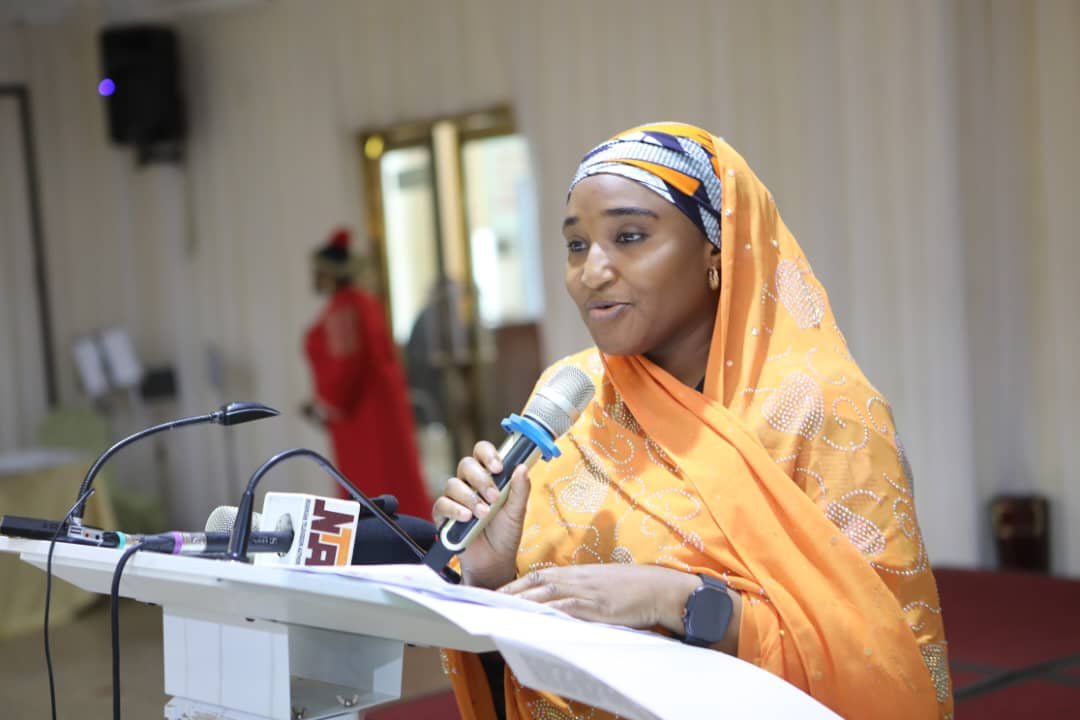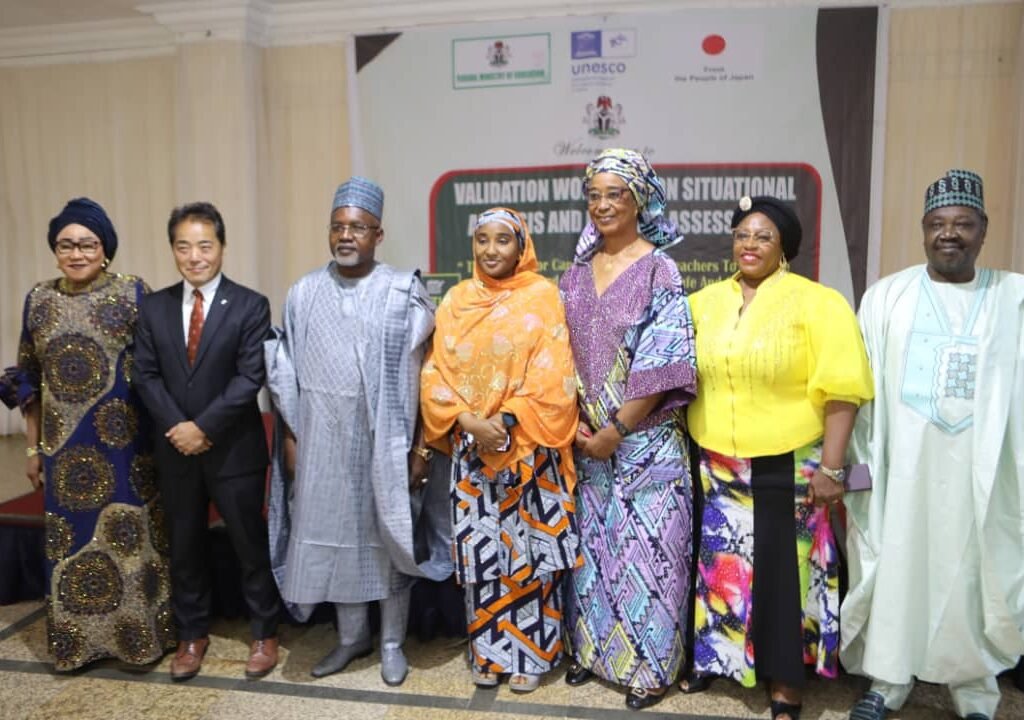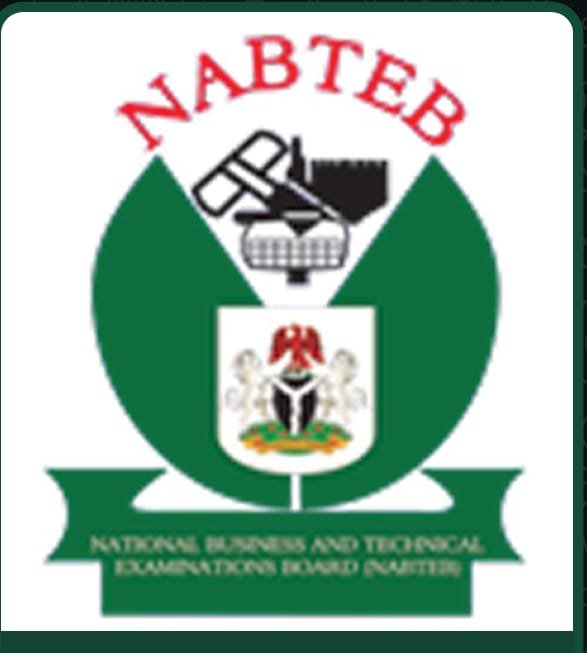
By Ameh Gabriel
The Federal Government has restated its unwavering commitment to inclusive, safe, and quality education for the Nigerian girl-child, affirming education as a powerful tool for national development and gender empowerment.
This was disclosed in a statement Signed by Boriowo Folasade Director, Press & Public Relations
Federal Ministry of Education
The statement reads: speaking at the Validation Workshop on the situational analysis and baseline assessment of the Japan-funded UNESCO-IICBA project, the Honourable Minister of State for Education, Professor Suwaiba Said Ahmad, emphasized the importance of building the capacity of teachers to enhance access to education for girls across West Africa. The event, held on Monday, May 12, 2025, at Chelsea Hotel, Abuja, marked a significant step in implementing the project titled “Capacity Building of Teachers to Promote Continuous and Inclusive Access to Safe and Quality Education for Girls in West Africa.”
Professor Suwaiba underscored the project’s alignment with the Nigeria Education Sector Renewal Initiative (NESRI), which prioritizes girl-child education, STEMM, TVET, teacher development, and quality assurance under the Renewed Hope Agenda. She called on stakeholders to rigorously assess the consultant’s findings, identify gaps, and propose strategic, cost-effective solutions to strengthen teacher capacity and promote female leadership in schools.
In her remarks, she expressed profound appreciation to the Government and Embassy of Japan, UNESCO, and other development partners for supporting Nigeria’s inclusion in the regional initiative. Declaring the workshop open, she acknowledged the participants’ dedication to reshaping the nation’s educational future.
Also present, Honourable Dr. Tanko Sununu, Minister of State for Humanitarian Affairs and Poverty Reduction, described teaching as a noble and rewarding profession, hailing educators as true nation-builders. He praised the ongoing collaboration with UNESCO-IICBA and the Government of Japan, highlighting girl-child education as a cornerstone for poverty reduction and long-term development.

Dr. Uchenna C. Uba, Director of Colleges of Education and Chairperson of the Project Technical Working Group, reiterated that girl-child education is both a national priority and a fundamental human right. She noted that the workshop aimed to validate the project’s findings and refine strategies to equip teachers with inclusive, ICT-driven, and gender-sensitive approaches. She commended the Government of Japan and all stakeholders for their unwavering support and urged active participation for sustainable outcomes.
Representing the Embassy of Japan, Deputy Head of Mission Mr. Kozaki Hitoshi reaffirmed Japan’s strong commitment to inclusive education and praised the role of empowered teachers in driving educational access for girls. He referenced Japan’s contributions through the TICAD framework, including a $5 billion pledge for peace and development across the Sahel and Gulf of Guinea, and urged stakeholders to continue investing in teachers and girls’ education for lasting change.
In his address, Dr. Quentin Wodon, Director at UNESCO-IICBA, highlighted the transformative potential of the project despite its modest scale. He lauded the collaboration among partners, particularly AU/CIEFFA and the KIX initiative, and pointed to upcoming opportunities such as a new e-learning initiative to support female school leadership in Nigeria, funded by the Government of Japan.
The Federal Ministry of Education reaffirmed its commitment to strengthening partnerships that promote inclusive and equitable education. The Ministry looks forward to continued collaboration with valued partners including the Government of Japan, UNESCO-IICBA, AU/CIEFFA, and other stakeholders in empowering Nigerian girls and securing their future through education.








